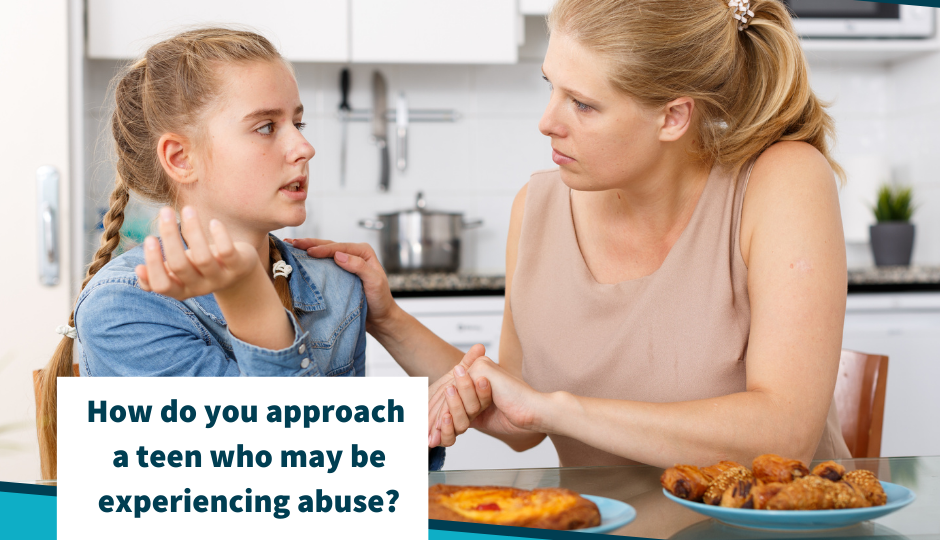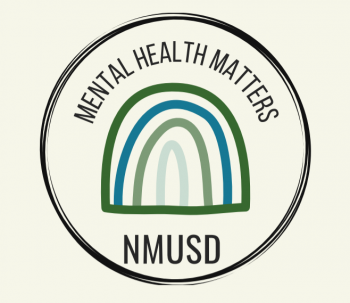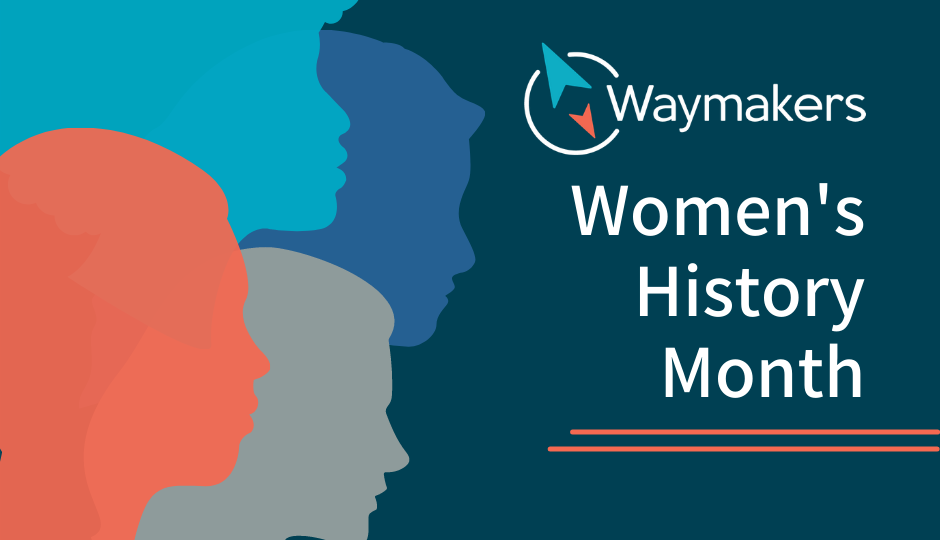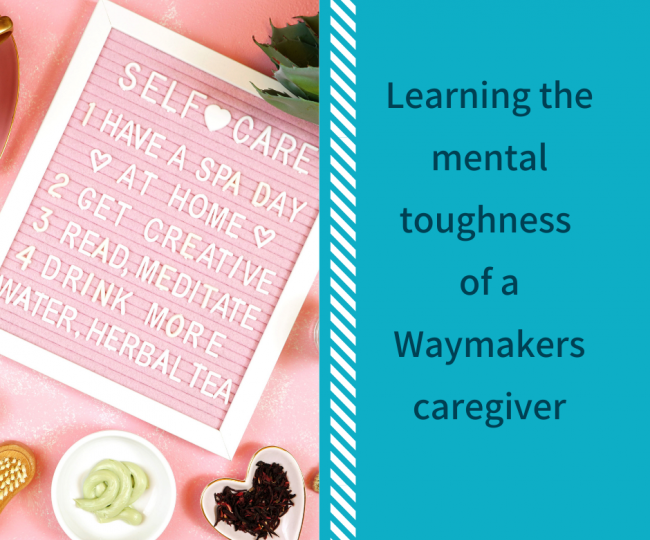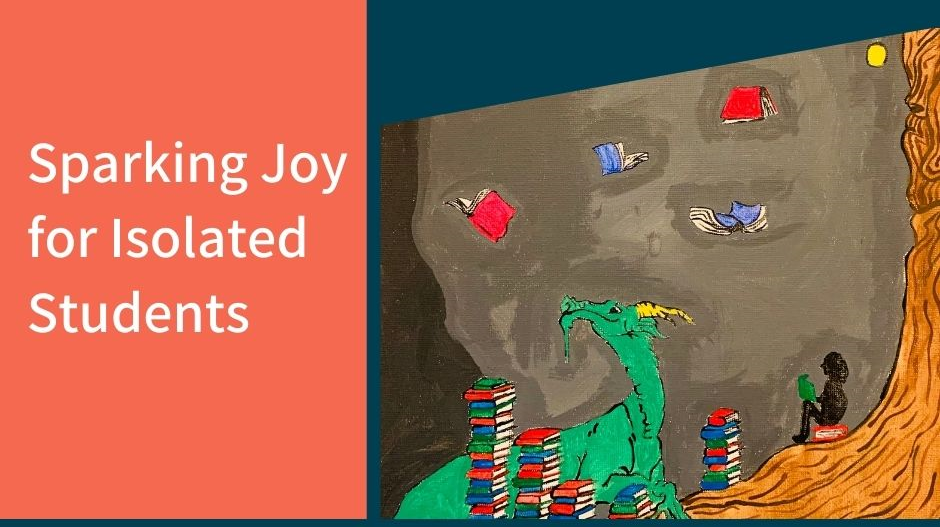As students head back to school this season, kids are dealing with the stress of grades, expectations to succeed, the need to fit in and the presence of bullies. With high expectations of academic performance and a social media environment that fosters exclusion and perfection, teens often feel their problems and challenges are inescapable—sometimes leading to thoughts of suicide. It’s in the headlines with appalling frequency.
Since the late 1990s, Orange County has had the largest suicide rate increase among the nation’s 20 most populous counties, according to an analysis of federal suicide data by Voice of OC. It is the second leading cause of death among 10 to 24-year-olds and the Orange County Health Care Agency reported that for each suicide death in the county, there are 10 hospitalizations for attempted suicides or intentional self-injuries.
While the suicide statistics and close-to-home tragedies are an abrupt reminder that suicide is a public health crisis, there is hope. Waymakers knows that when parents, teachers, and community members recognize warning signs, it is possible to help troubled youth make their way through these seemingly overwhelming challenges to a place of strength and stability. Waymakers is working to strengthen and support at-risk youth and their families by intervening during times of crisis. We are available to provide support through the Huntington Beach Youth Shelter at (714) 842-6600 or through our main office at (949) 250-0488.
September is National Suicide Prevention Awareness Month—a time to share resources and warning signs in an effort to shed light on this stigmatized topic. It’s important to ensure that individuals, friends, families and our neighbors have access to the resources they need to discuss suicide prevention.
According to the American Foundation for Suicide Prevention (AFSP), most people who take their lives show one or more of the following suicide warning signs:
· Talks about killing themselves, feeling hopeless, having no reason to live, being a burden, feeling trapped, unbearable pain.
· Increased use of alcohol or drugs
· Searching online for methods to end their life
· Withdrawing from activities
· Isolation from family and friends
· Sleeping too much or too little
· Visits or calls to say goodbye
· Giving away prized possessions
· Aggression and/or fatigue
· Mood changes like depression, anxiety, irritability, shame, agitation, or sudden relief
If you see any of these behaviors, please seek help immediately. Confidential and free help is available at the National Suicide Prevention Lifeline, 1-800-273-8255. In Orange County, immediate assistance is also available from trained specialists by dialing 2-1-1, which provides access to needed assistance using their database of mental health providers and other local resources.
Together we have the power to create a culture of encouragement and safety for teens and make a difference in turning these statistics around for the generations to come.

